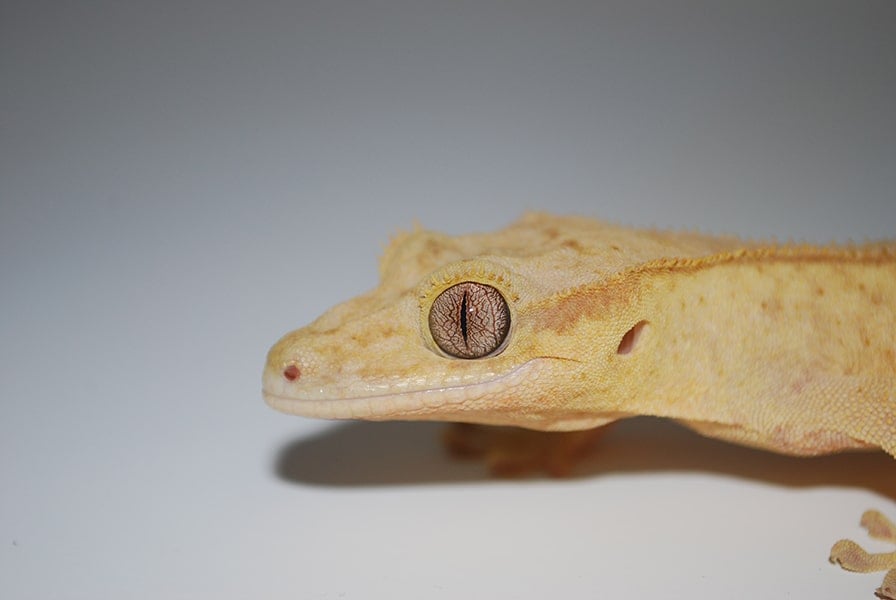A new study from Tel Aviv University reveals that the ongoing Israel-Hamas conflict is taking a toll not just on humans, but on animals as well. Researchers found that geckos exposed to the sounds of rocket explosions experienced significant stress responses, potentially threatening their long-term survival.
Unexpected Insights from a Pre-War Study
The research, originally designed to measure energy consumption in small ground geckos (Stenodactylus sthenodactylus), took an unexpected turn when war broke out. Prof. Shai Meiri, one of the study’s leaders, explained:
“A few weeks before October 7, we began working on a long-term study to measure the rate of energy consumption of small ground geckos… We obviously did not foresee the outbreak of the war, but unintentionally, we recorded the energy consumption of five geckos during the rocket barrages launched into Tel Aviv in the first month of the war.”
This coincidence provided a unique opportunity to observe the immediate effects of conflict-related stress on animals in real-time.
Dramatic Metabolic Changes and Prolonged Stress
The findings were striking. When exposed to the sound of explosions, the geckos’ metabolic rates doubled compared to their resting state. They exhibited clear signs of stress, including rapid breathing. Even more concerning, these stress responses persisted for hours after each event and showed no signs of habituation over time.
Prof. Eran Levin, another lead researcher, highlighted the potentially dire consequences of this prolonged stress:
“A state of stress is detrimental to both humans and animals. To compensate for the increase in oxygen consumption and depletion of energy reserves, animals need to eat more. Even if they manage to find food, in the process they expose themselves to predators and lose opportunities to reproduce.”
This increased metabolic demand, coupled with disrupted behavior patterns, could have severe impacts on animal populations in conflict zones. The researchers noted that these effects are likely even more pronounced for animals living closer to areas of intense fighting, such as southern Israel and along the Lebanese border.
Why it matters: This study sheds light on the often-overlooked ecological consequences of human conflict. While the immediate human toll of war is rightfully the primary concern, understanding its broader environmental impacts is crucial for long-term conservation efforts and ecosystem health. The stress experienced by animals in war zones could lead to population declines, altered behaviors, and disrupted ecosystems, potentially having far-reaching effects on biodiversity and ecological balance.
The research team emphasizes that their findings likely extend beyond geckos. They observed similar stress responses in a small snake species during a previous conflict, suggesting that many animals may be affected by war-induced stress. This raises important questions about the long-term impacts of prolonged conflict on wildlife populations and entire ecosystems.
Looking ahead, this study opens up new avenues for research into the ecological impacts of human conflict. Future studies might explore how different animal species respond to war-related stressors, examine potential long-term population effects, and investigate ways to mitigate these impacts in conflict zones. Additionally, this research could inform conservation strategies in post-conflict regions, highlighting the need for targeted efforts to support animal populations that may have been severely stressed during periods of warfare.


